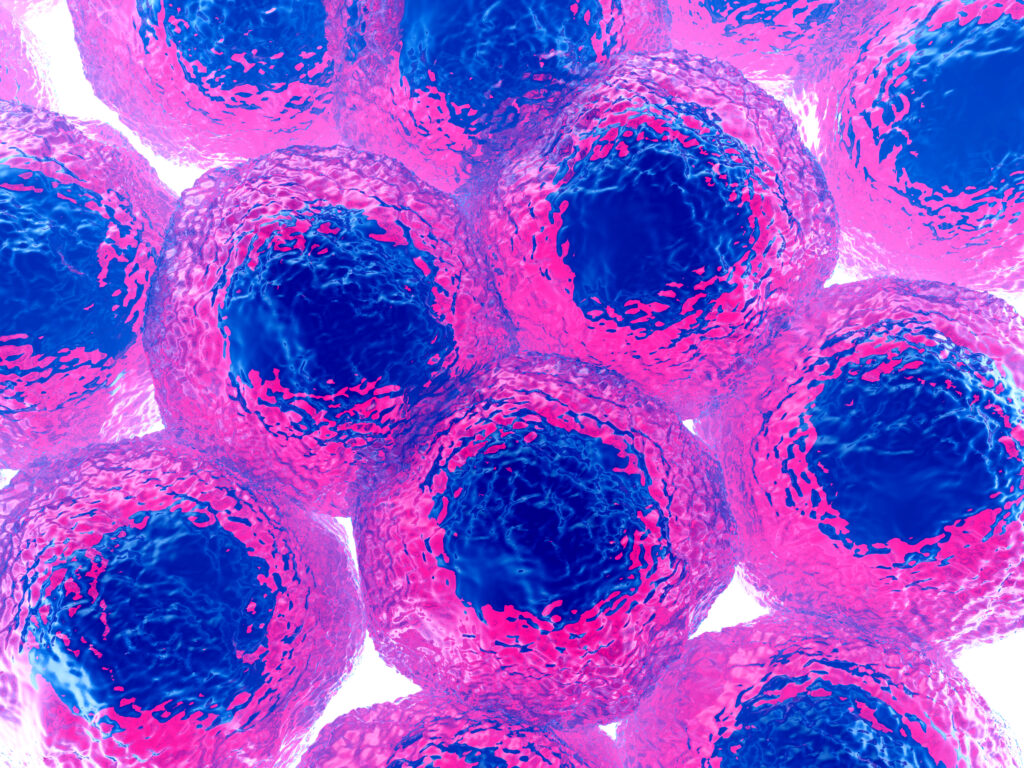In 2021, the scientific community celebrated the achievements of two prominent Hungarian scientists, Professor János Kovács and Professor Miklós Sass, for their contributions to the field of autophagy. These scientists were among the early pioneers in studying autophagy, specifically during insect metamorphosis. They established an autophagy research center at Eötvös Loránd University in Budapest, where significant discoveries were made regarding the genetic regulation of autophagy. Autophagy, the process of cellular degradation, was first discovered in the 1960s but saw limited molecular advancements until the 1990s. The identification of autophagy-related genes and the subsequent recognition of Yoshinori Ohsumi with the Nobel Prize in 2016 brought revolutionary changes to the field.

Autophagy has been linked to aging and age-related diseases, such as neurodegeneration and cancer. It is a highly regulated process that plays a crucial role in maintaining cellular health and preventing the accumulation of damaged components. When autophagy declines or becomes dysfunctional with age, cellular waste accumulates, leading to impaired cellular function and increased susceptibility to diseases. Understanding the role of autophagy in aging has opened new avenues for developing anti-aging therapies.
Interestingly, fasting has been found to induce autophagy, providing a natural means to enhance cellular cleansing and rejuvenation. During fasting, the body switches from utilizing glucose as the primary energy source to burning stored fats. This metabolic switch triggers a series of molecular events that activate autophagy. As nutrient availability decreases, the levels of insulin and glucose drop, leading to the upregulation of specific autophagy-related genes. This upregulation stimulates the formation of autophagosomes, which engulf cellular components slated for degradation. These autophagosomes then fuse with lysosomes, forming autolysosomes where the breakdown of cellular material occurs. By promoting the removal of damaged proteins, organelles, and other cellular debris, fasting-induced autophagy helps maintain cellular integrity and function.
The induction of autophagy through fasting holds significant implications for human health. Research suggests that periodic fasting or calorie restriction may extend lifespan, improve metabolic health, and potentially reduce the risk of age-related diseases. Additionally, stimulating autophagy through fasting has shown promise in preventing neurodegenerative conditions, such as Alzheimer’s and Parkinson’s diseases, by clearing toxic protein aggregates from the brain.
In conclusion, the groundbreaking research conducted by Professor Kovács, Professor Sass, and their colleagues at the autophagy research center in Budapest has significantly advanced our understanding of autophagy’s genetic regulation and its connections to aging and age-related diseases. Their work, coupled with the recognition of autophagy research through the Nobel Prize, has laid the foundation for investigating autophagy as a therapeutic target for anti-aging interventions. By elucidating the mechanisms by which fasting induces autophagy, scientists are unlocking the potential for harnessing this cellular process to promote health, longevity, and the development of innovative treatments for age-related ailments.
See also: Fasting benefits, Types of fasting, Supplements for Extended Fasts